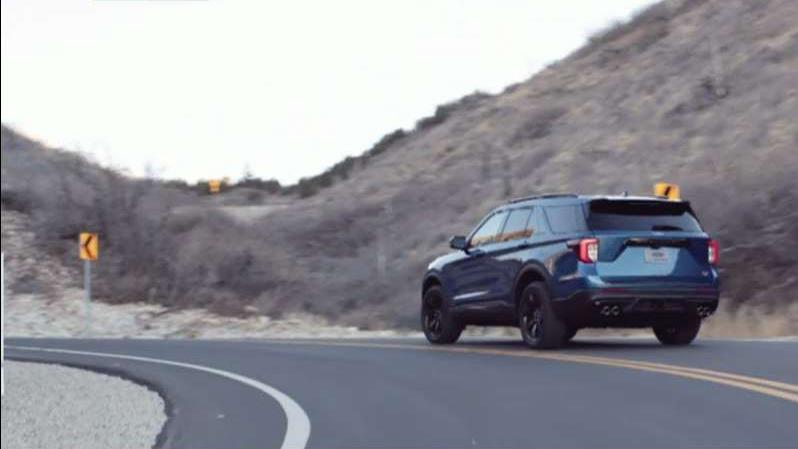Ford CEO under pressure to execute ambitious global strategy
The spotlight is on Ford CEO Jim Hackett and his ability to balance several significant challenges as the carmaker pursues new partnerships that complicate manufacturing operations while advancing a historic overhaul of its business in an increasingly uncertain global trade environment.
The Dearborn, Michigan-based carmaker is not alone with the hurdles it faces. Auto manufacturers are aggressively turning to alliances with one-time rivals to reduce the large investment costs needed to produce emissions-free vehicles and develop autonomous driving technology.
| Ticker | Security | Last | Change | Change % |
|---|---|---|---|---|
| F | FORD MOTOR CO. | 13.80 | +0.08 | +0.58% |
Ford, however, has been more open about its desire to join with other companies than some of its key competitors. But with those partnerships comes the need to manage multiple vehicle platforms while maintaining operational efficiency, a potentially difficult balance for management and a reversal from years of industry efforts to reduce supply-chain complexity.
And guiding Ford through the changes is 64-year old Hackett,
“You’ve got to think of these kinds of mutations as a way to win,” he said at a press conference on Friday. “How expansive can you make optionality and at the same time get the most efficiencies? I want you to expect that we are really managing that.”
On Friday, Ford said it would use Volkswagen’s proprietary architecture to build a new electric model slated to go to production in 2023. The German-carmaker is also investing in Argo AI, Ford’s self-driving partner, and further joint efforts are possible, according to Hackett. Ford previously announced a deal with startup Rivian to use its electric platform for a pending vehicle as well.
It’s a shift for a company that nearly a decade ago embarked on a major endeavor under then CEO-Alan Mulally to streamline its global operations.
The company still has a historically low number of vehicle platforms in use, executives say. But Hackett and other Ford officials argue the alliances are necessary to meet the aggressive timeline for stricter emissions standards in Europe and elsewhere, as well as reduce the hundreds of millions of dollars in cost needed for the development of self-driving vehicles.
“As we transition to electrification, we are going to see more collaborations because the transition timing is uncertain and the volumes are uncertain,” Ford automotive president Joe Hinrichs told investors and reporters.
For Ford, using Volkswagen as a partner proved more cost-effective than developing its own, according to Hinrichs, and the engineering knowledge gained from the venture will be used to inform future development across the globe.
“We’re very confident in our own platforms and capabilities and the majority of our volume worldwide will come off of Ford’s platforms,” he said. “We’ll have plenty of volume and scale on our electrical architecture to be confident that we’ll [be] competitive.”
Ford’s pending passenger vehicle with Volkswagen’s electric platform will only be available in Europe, due to U.S. consumer preference for larger sports utility vehicles and pick-up trucks. In America, the company is focusing on a completely different portfolio that includes a Mustang-inspired electric SUV and plug-in F-150 pickup truck.
“When you take our highest volume market in North America and develop and optimize the electrical platform for those types of vehicles, they are going to have bigger motors, they are going to have more space,” Ford president Jim Farley told FOX Business. “The [Volkswagen] platform allows us to start with a more cost-competitive, more appropriate product in Europe.”
As Ford expands its partnerships with competitors, it is also engaging in a historic overhaul of its global business. In June, the carmaker said it would lay off 12,000 workers in Europe and restructure operations there, including shutting several manufacturing plants. Ford has also made operational changes in Russia and Brazil.
CLICK HERE TO GET THE FOX BUSINESS APP
Meanwhile, President Trump’s ongoing trade dispute with China and desire to overhaul key trade agreements is rippling through the global auto sector at a time when sales are slowing down.




















